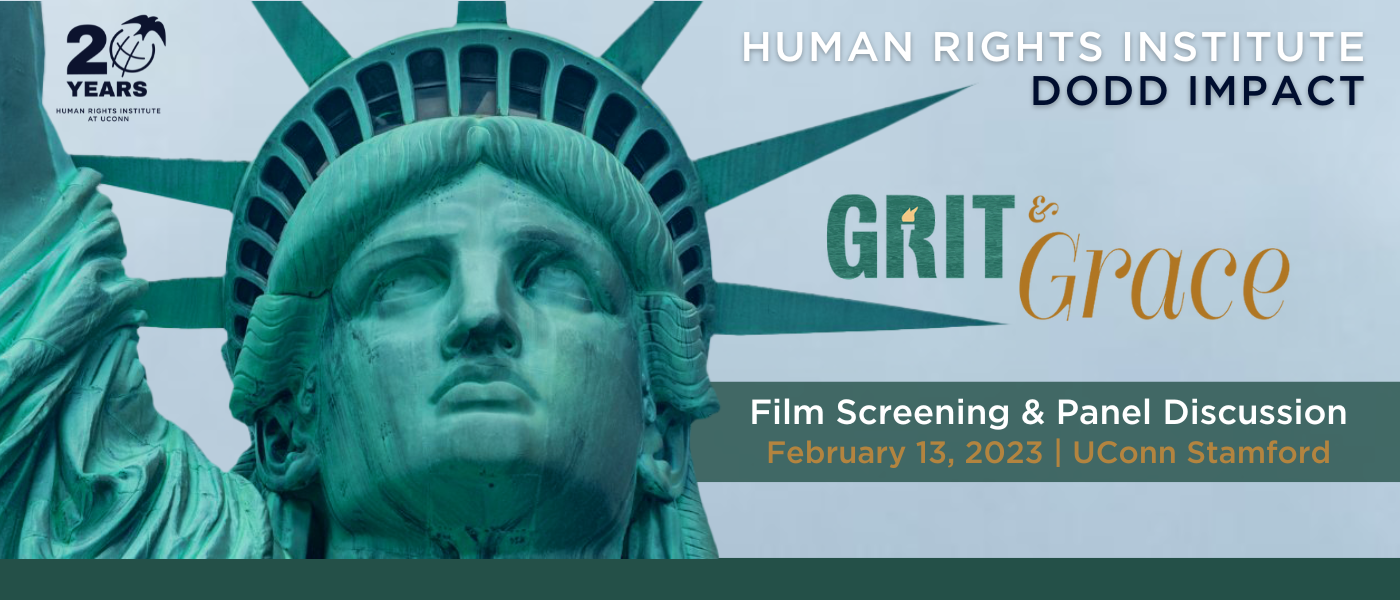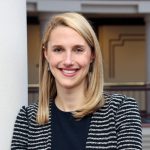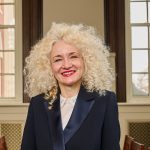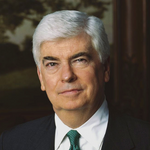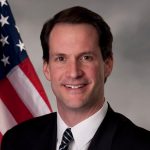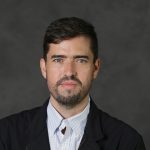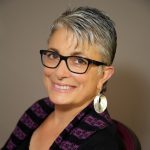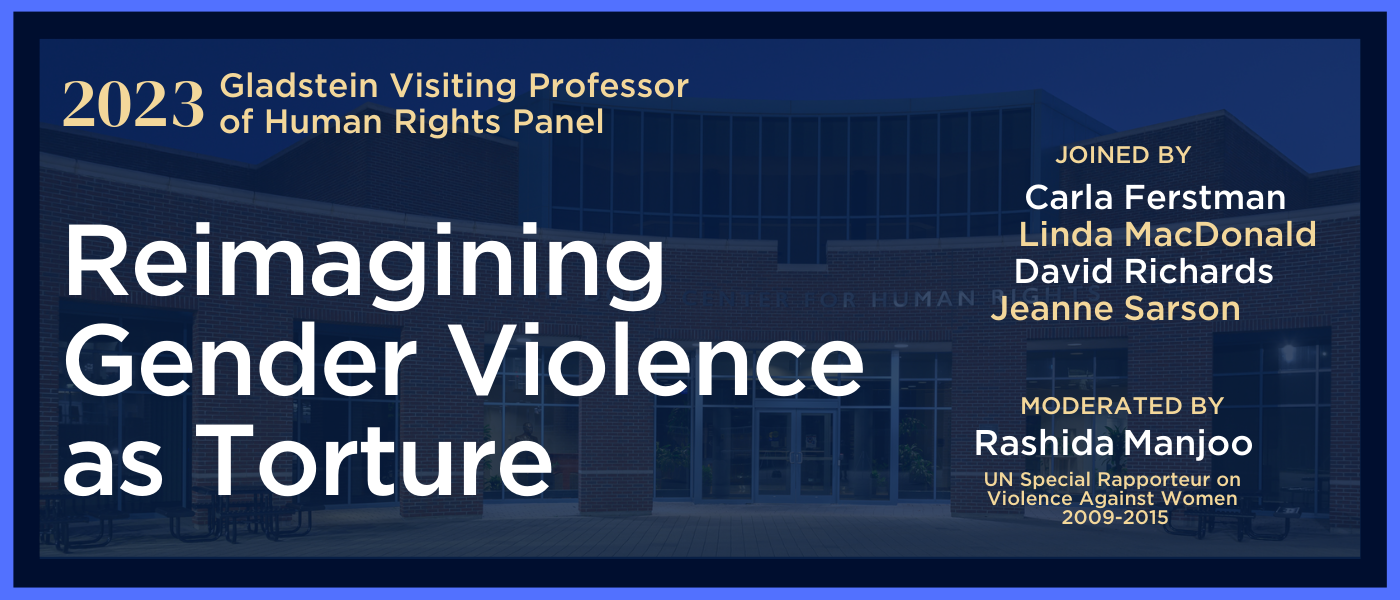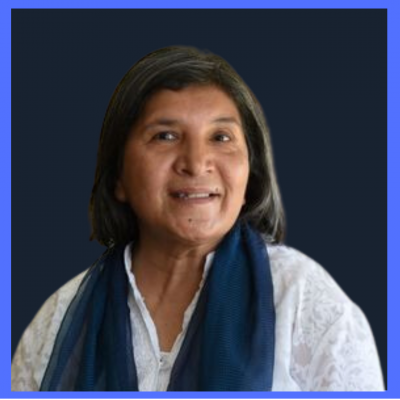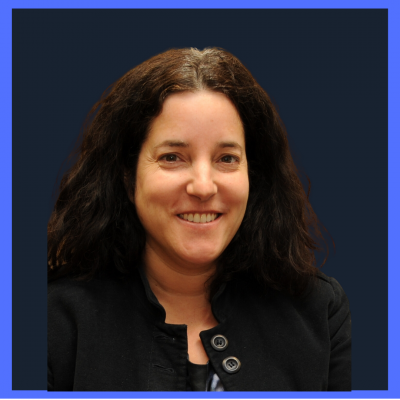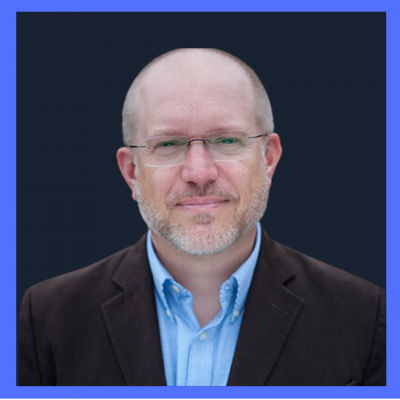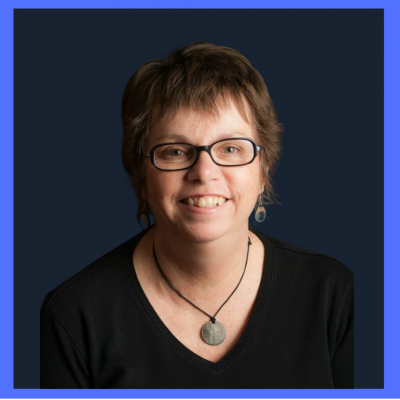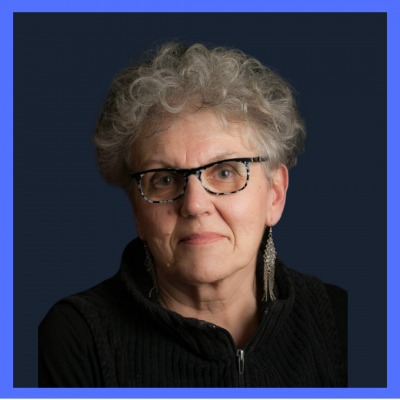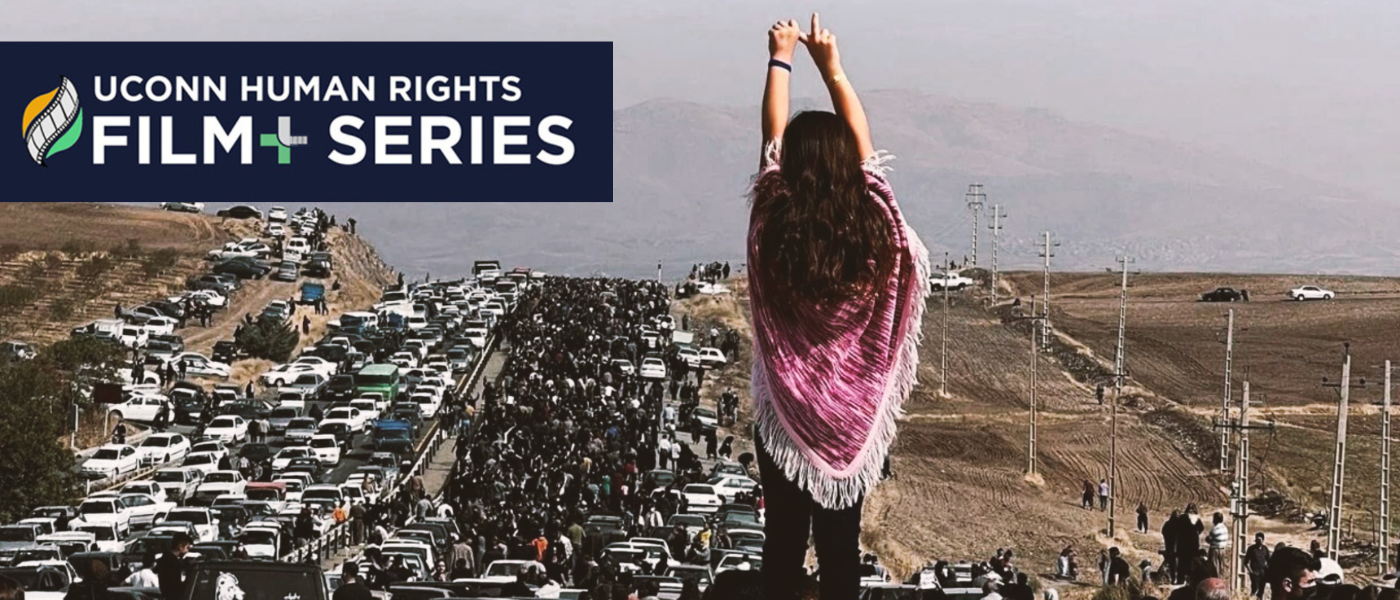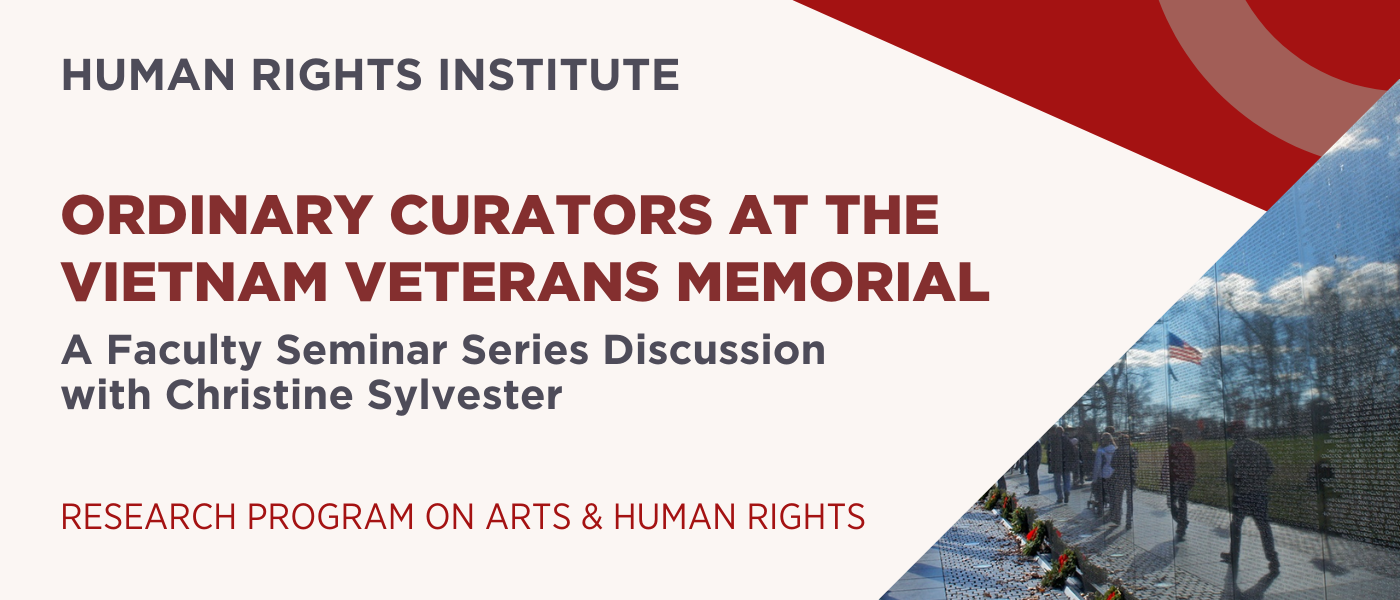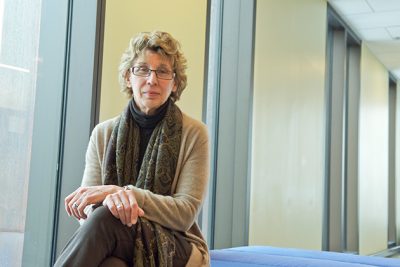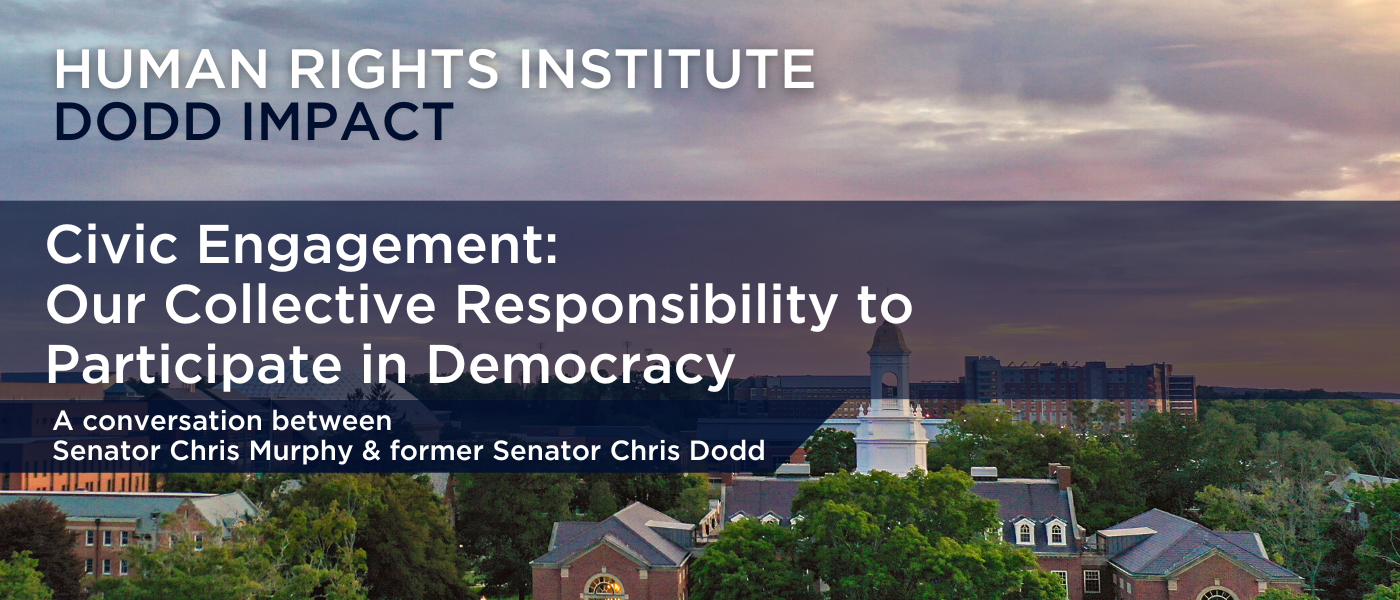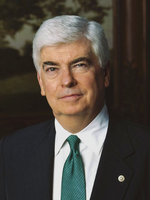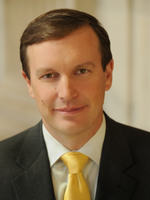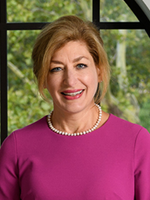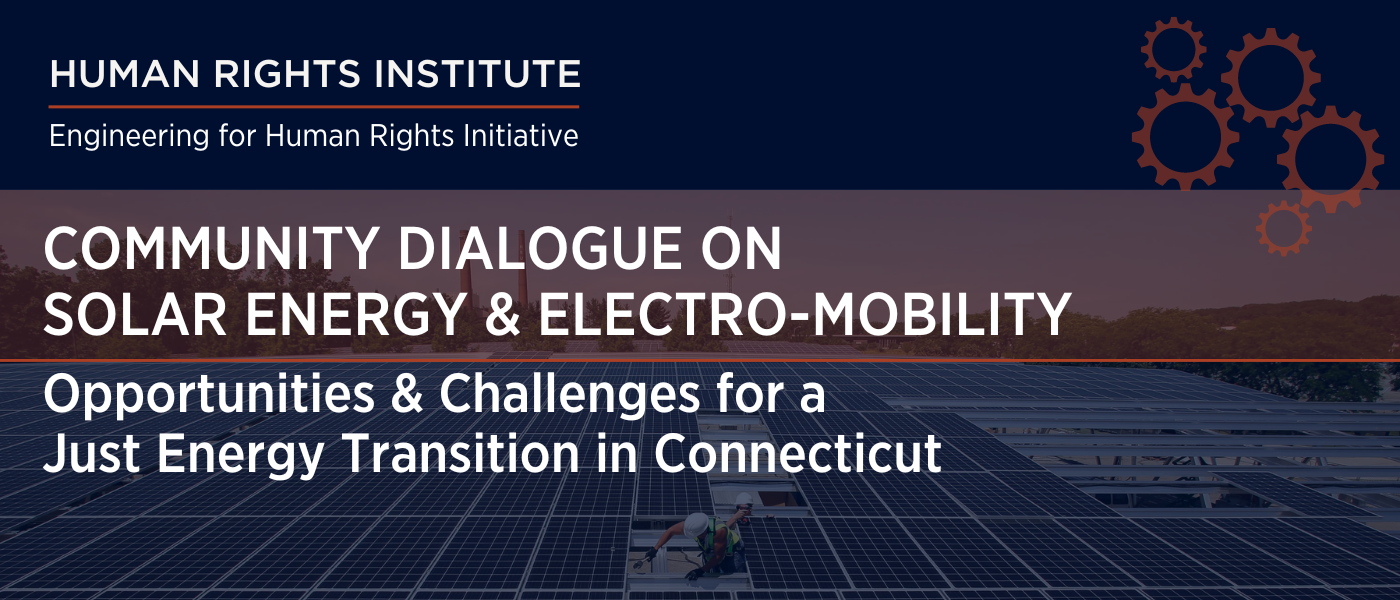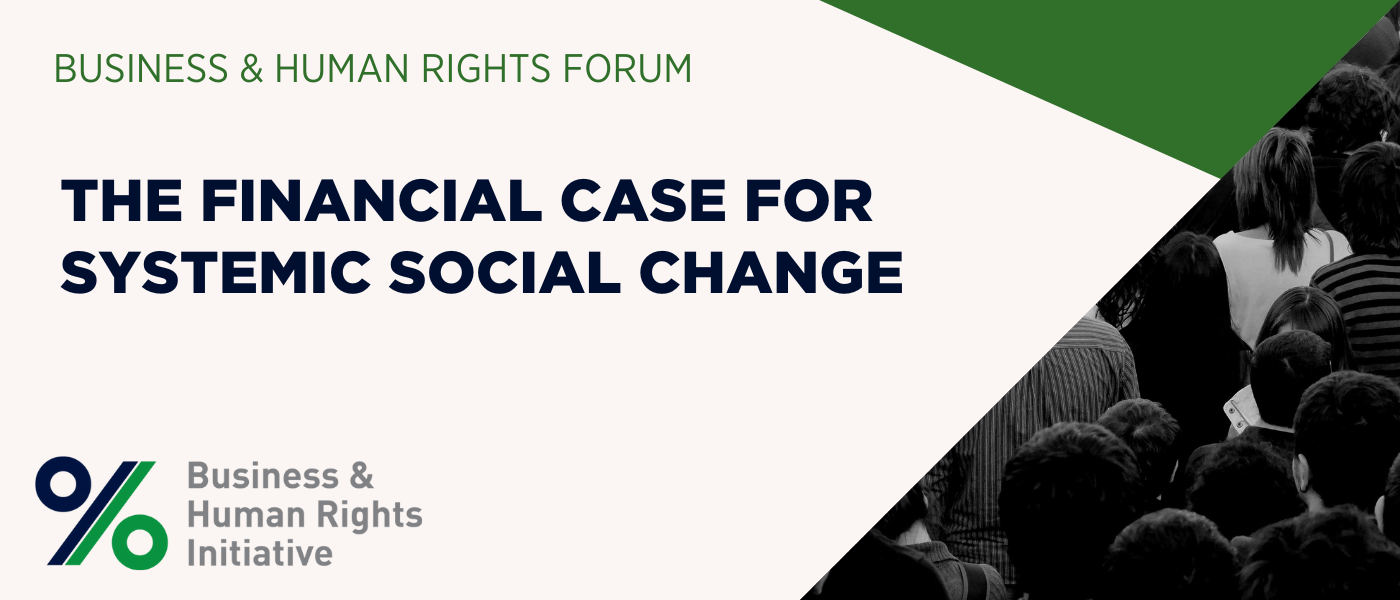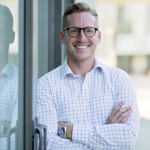Wednesday, February 1, 2023
3:00 pm - 4:30 pm
Dodd Lounge
The Dodd Center for Human Rights
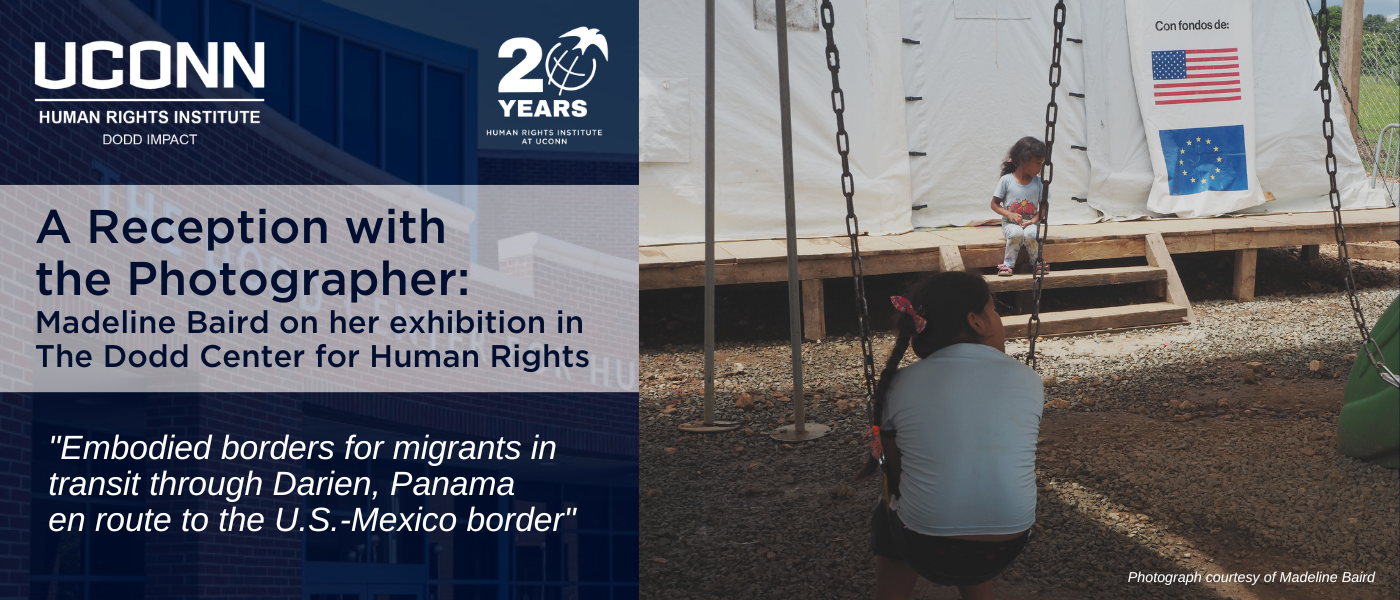
About This Event:
We welcome you to join us for a closing reception to celebrate and discuss the most recent exhibition in the hall of The Dodd Center for Human Rights with the photographer. Madeline Baird's 'Embodied Borders' reveals the human toll of the exportation of U.S. border enforcement through a series of captivating photographs.
Madeline Baird is a PhD student in Anthropology at UConn. Prior to enrolling at UConn, Madeline earned an MSc from the London School of Hygiene and Tropical Medicine and worked for a decade supporting public health program design and community-based research. Her current research employs ethnographic methods to explore constructions of health inequity, human rights, and healing in Latin America.
Join Us:
This event is in-person only in the lounge of The Dodd Center for Human Rights.
Light snacks & refreshments will be served.
No registration is necessary. All are welcome!
About the Exhibition:
In recent decades, the extension of U.S. immigration and border enforcement policies to countries in Central America increasingly pressures migrant populations seeking refuge in the U.S. to travel the most remote and dangerous passages to the U.S.-Mexico border. In 2022, more than 200,000 migrants traversed the Darien Gap known to be one of the most dangerous sections of the journey through Central America. This series of photographs documents the embodied impact of the exportation of U.S. border enforcement 2,500 miles south of the U.S.-Mexico border for migrants in transit through Panama.
We're thrilled to have the support of numerous co-sponsors including the Department of Anthropology, El Instituto, the Research Program on Arts & Human Rights, the Department of Art & Art History, and the Puerto Rican/Latin American Cultural Center (PRLACC).
If you require an accommodation to participate in this event, please contact humanrights@uconn.edu.
